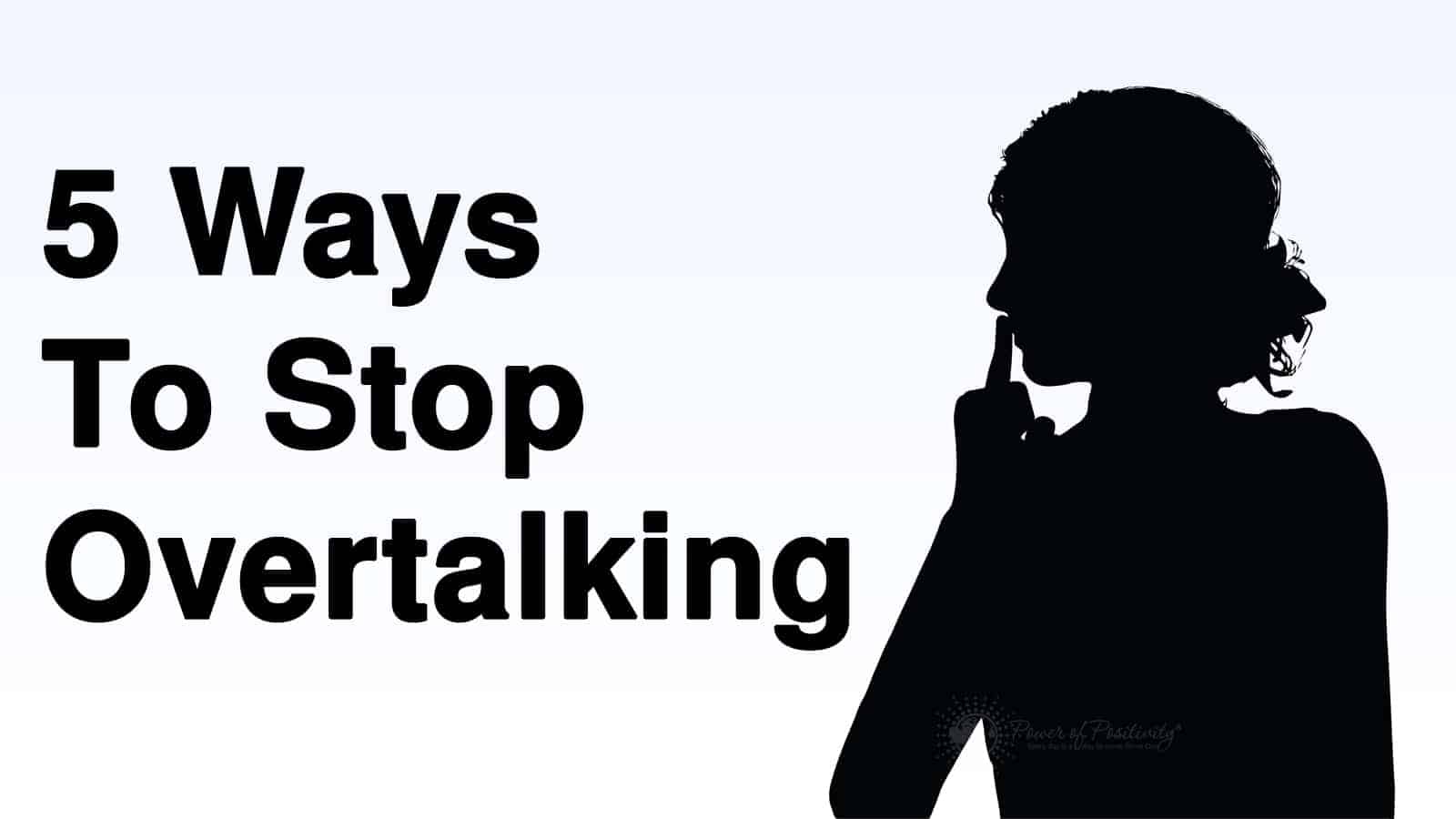“Can you hear me now?” we wonder to ourselves as we talk with people daily, because the fact that they don’t always do what you asked them to leaves you wondering if they’re really listening or not. Can you get them to pay attention to you for just a minute??
Researchers studying how crucial listening is as a social skill looked at how listening is taught in classrooms. We don’t really learn how to listen in school or at home in the sense that there are no taught skills for listening. You may remember taking listening comprehension tests to see if you understood the meaning of what the teacher said.
The researchers believe that we should learn skills like pre-listening or extensive listening that they have identified as stages of listening that could be taught as classroom lessons.
Let’s look at some of the ways that you can tell if someone is really listening to you or not, and how to capture their full attention when you speak so that you can get what you need.
8 Ways to Tell If Someone’s Really Listening Or Not
1. They decide what you’re going to talk about
When it comes to being able to tell if someone’s really listening or not, someone with their own agenda will direct the flow of your conversation to make sure that they get to talk about what they want to talk about.
Michael Nichols, author of The Lost Art of Listening: How Learning To Listen Can Improve Relationships, says that people with an agenda not only don’t hear us but they selfishly listen with the intent to make themselves right and you wrong. We need to let go of what is on our mind and fully listen to the other person.
2. They interrupt your flow of speaking
If someone is really listening, they should be able to hold their peace for a minute or two before they jump in to speak. If the person you are having a conversation with can’t stop interrupting you, it’s a sign that they are not really hearing what you are saying.
3. Ask them a question about what you just said
When someone is really listening, you should be able to give them a mini quiz about what you just said. Ask ‘What do you think about what I said?’ to get some insight as to their level of focus. If they weren’t listening, they are likely to give you a vague answer like ‘Sounds good.’
At this point you can explain that you were asking about their opinion on apartheid policies in South Africa or something equally unethical.
You really are trying to catch them in this inconsiderate behavior so that you can tell them how it makes you feel. You can tell them how you feel by saying that their lack of listening feels uncaring to you and ask them to please focus on you.
4. You don’t feel positive after talking to them
In a related sense, when someone isn’t listening to us fully, we feel unloved and uncared for. If you walk away from a conversation feeling like the other person gave you all their burdens but took none of yours off your shoulders, you may have a bad listener on your hands.
5. They overreact with defensive emotions
Michael Nichols, author of The Lost Art of Listening: How Learning To Listen Can Improve Relationships says that not only do we sometimes hear only what we want to hear, but sometimes the opposite is true. In antagonistic relationships where partners have a pattern of arguing, each one is guilty of hearing only the negative words their partner says.
If your partner is overly upset based on what you just said, you can tell that they are not listening. Your partner may have already been upset when you started talking about your day, so their negative emotion worked as a filter to hear only the bad news from you and keep themselves in that negative emotion.
6. They seem bored
If you can pick up on the emotion of the person you are talking to, you can tell if they are bored or not. The chin resting in the palm of their hand and the tired eyes that they are drifting off into their own mental world, completely bored by you.
7. Distractions are all over the place
The discussion keeps getting interrupted for them to send a quick email or make a quick call, which is one way to tell if someone’s really listening or not. If the person you are talking to can’t put away the distractions for you, ask them to please give you five uninterrupted minutes of their time.
8. They don’t ask you any questions about what you just said
If you just told me that you read a wonderful book and described it but never told me the title of it, and I don’t ask a follow up question about the name of the book, you can be pretty sure that I wasn’t really listening.
















